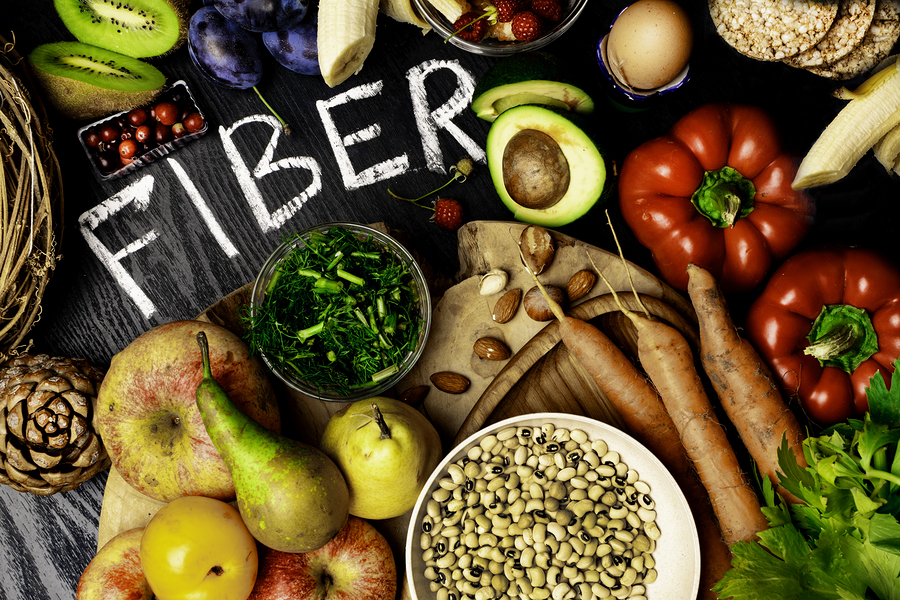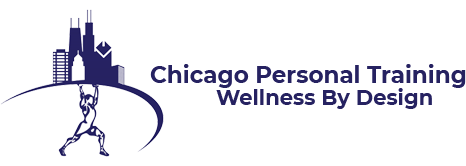
No Matter What Your Goal, Nutrition is Half Your Work
Whether you are trying lose weight, gain muscle, improve your immune system or your general health, good nutrition is half your work.
Protein does not build muscles; exercise builds muscles. Protein helps rebuild muscles that have been torn down by exercise (among its many other functions). If protein builds muscles by itself, everyone who ate at a McDonalds or Burger King would look like a body builder. The problem with protein diets is that too much protein is very hard on your kidneys. Most of the weight you lose at first is water weight. With these types of diets you also do not get the necessary fiber for a healthy colon.
Carbohydrates are your friend
No matter what you have read; weight loss (for the most part) is calories in and calories out. Unfortunately with all the media hype carbohydrates have been given a bad name. All types of carbohydrates (breads, vegetables, fruits) have been lumped together as the reason people gain weight. The reality is no one gained weight from eating apples and carrots. If you think fruits and vegetables are causing you to gain weight, keep a food diary for a few days and see how many of your carbohydrates are fruits and vegetables (apple pie does not count as a fruit). Your muscles store glycogen (sugar) in your muscles for energy. To get the most glycogen back into your muscles after a workout, make sure you eat within thirty minutes after your workout. The ideal snack would be a carbohydrate with some protein. (e.g.) smoothie with fruit and some protein powder; or plain yogurt with some fruit.
Fats
For many years fat had a bad reputation. But the understanding of the benefits for fats in our everyday diets has changed how we eat. There are many different types of fats. Saturated, Trans fat, Polyunsaturated, Monounsaturated as well as Omega 3 fatty acids. A healthy diet will minimize the saturated and trans fats, and focus on the Omega 3, polyunsaturated and monounsaturated fats. But be careful! All fats are high calorie, use them as part of a healthy diet, but in proper serving portions to the rest of your food program.
Water
You can’t talk about nutrition without discussing water. Water transports nutrition and carries out waste products from your body. If you are thirsty you are dehydrated. To truly re-hydrate your body takes a couple of days. The minimal amount of water you should drink per day is 64 ounces. Also, coffee does NOT count as water. Your body is composed of 70% water, not coffee.
With regards to exercise, water is critical for optimal performance. Water will actually keep your heart rate lower during an aerobic workout. How? Blood is mostly plasma, plasma is mostly water. When you are dehydrated your blood volume drops (Don’t forget when you are exercising you are using water for perspiration and breathing). Your heart has to work harder (beat faster) to raise the volume of blood. So that higher heart you see on your heart rate monitor is like spinning the wheels of your car. You’re putting out energy but the benefits are not the same compared to achieving that same heart rate because your muscles are working harder to move your body.
Food & Diary
Everyone hates to keep a food diary. They are a pain to keep but if you want success in your program, keep one. A food diary does not have to be about all the foods you ate. You can keep a diary of all the foods you avoided. Think of it as a rewards list, or you can keep a diary of only the foods you overate. Most importantly a diary should show you what aspect of your nutritional intake is important to you! Read our Weight Loss Programs post for more thoughts on food diaries.
Contact Chicago Personal Training to get started on your fitness program;
Call 847-772-3487 or click on the link below for more information.
